OLUCOME, a local watchdog organization, on Monday raised concerns over the transparency of public market offers, citing government interference in the allocation of mining contracts. This follows recent remarks by Burundian President Evariste Ndayishimiye, who questioned the revenue generated by the country’s mining sector, despite the legal authorization of over 200 mineral-extracting companies to operate nationwide.
On Thursday, President Ndayishimiye convened a meeting with officials from the Ministry of Energy and Mines to assess the ministry’s progress over the past 100 days. Expressing frustration over the role of mineral-extracting companies, he questioned their financial contributions to the state.
“There are minerals in many provinces I have visited, but what surprises me the most is that Burundi has more than 200 cooperatives involved in mining, yet the country earns nothing from them. Are these cooperatives truly operational, or are they not?” Ndayishimiye asked.
He further lamented the persistent foreign currency shortage to import fuel despite the country’s abundant mineral resources. “Who can explain how we lack foreign currency when we have iron, gold, coltan, rare earth minerals, and even copper? Yet, we still claim to lack foreign currency. Is that even possible?” he added.
The president’s concerns are echoed by civil society groups. Alexis Nimubona, spokesperson for OLUCOME, attributed the problem to government officials’ involvement in the allocation of public contracts.
“This issue has been raised multiple times in Burundi. Many government officials engaged in trade contribute to the persistence of this problem, mainly due to the way public contracts are awarded. Often, these contracts are granted to individuals within government institutions or members of the ruling political party,” Nimubona told Bonesha FM, a local radio station.
In December 2024, the Burundian government granted a mining permit for cassiterite, columbite-tantalite, and associated minerals in the Murehe area of Busoni commune, Kirundo province, to SOTREVO Mining Company Limited. This decision was aimed at increasing revenues from the mining sector. However, according to Article 25 of the revised 2023 Mining Code, companies must submit documentation verifying their physical address.
The permit granted to SOTREVO has sparked public concern, with many questioning the company’s origins, existence, experience, and credibility, as no information about it can be found online.
“The mining sector is a state priority. We have observed that mineral exploiters have never brought foreign currency into the country,” President Ndayishimiye said during a public broadcast last year.
Addressing these concerns, Minister of Energy and Mines Ibrahim Uwizeye attributed the issues to corruption. “In the past, joint venture companies engaged in embezzlement. These companies claimed they had not made any profits while secretly selling minerals,” Uwizeye said.
“We have received 20% of the revenue in advance as the state. The remaining 80% will be subject to various taxes, including those on machinery purchases and workers’ salaries. This is a significant step forward. Let us work diligently and closely monitor the sector to ensure that mineral revenues genuinely contribute to the economy,” he said, referring to the deal with SOTREVO Mining Company.
When asked about the origins of the company, officials provided vague responses, failing to offer clear explanations. Despite this, President Ndayishimiye defended it, stating that its engineer has 40 years of experience in the field.
The Burundian government has a history of signing mining contracts and memoranda of understanding with various companies, yet these agreements have often failed to yield positive results. In 2021, the government terminated agreements with international mining companies, arguing that Burundi was not receiving a fair share of the revenue generated from its natural resources.
In December 2024, former Presidents Domitien Ndayizeye and Sylvestre Ntibantunganya joined President Ndayishimiye in calling for extensive expertise in evaluating certain minerals, particularly nickel. Ndayishimiye revealed that, of the eight companies considered for mining permits, only one—a Chinese company—met the required standards.
The president further emphasized that Burundi’s nickel reserves alone are estimated at over 200 million tonnes, alongside significant platinum deposits.
To ensure transparency in mineral resource revenues, OLUCOME has called on the government to establish a specialized committee comprising key stakeholders. The organization insists that such a body is necessary to guarantee that mineral resources contribute effectively to the country’s economic development.


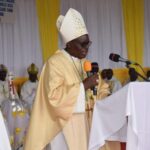
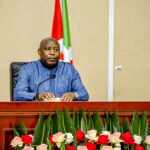
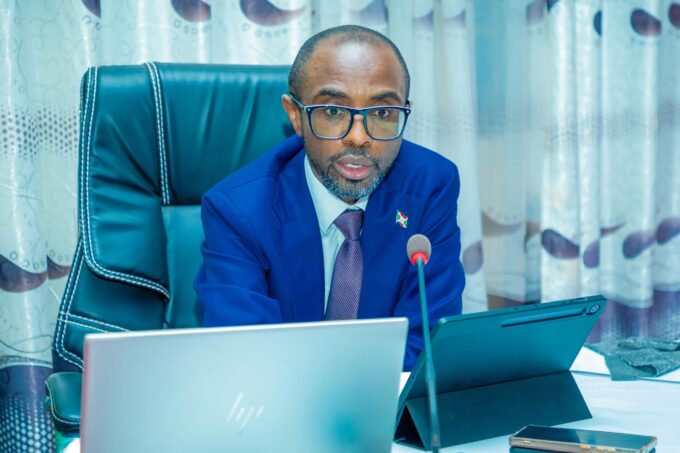
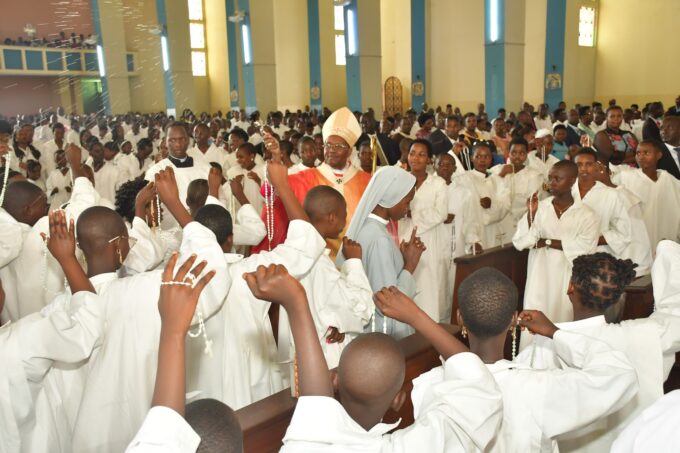
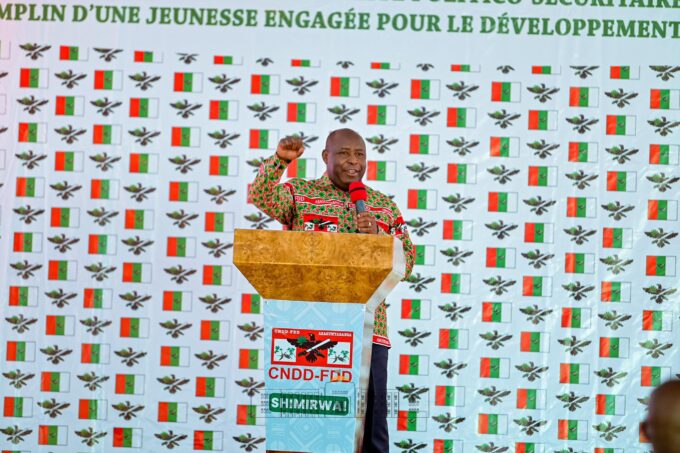
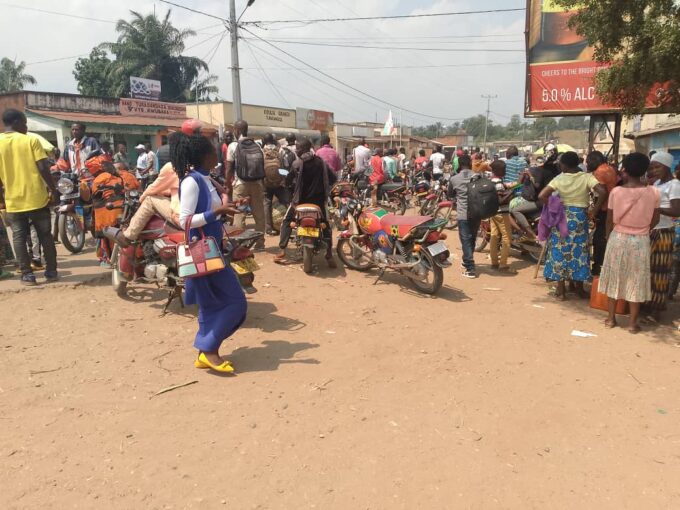
Leave a comment